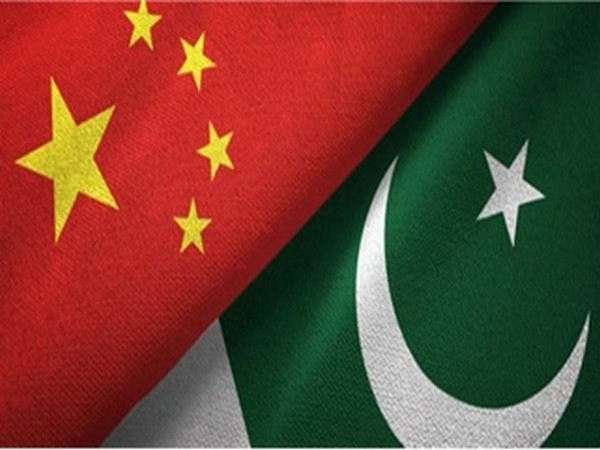Pakistan Allocates PKR 45 Billion to Securing Chinese Interests Amid Rising Tensions
The Pakistan government has sanctioned an additional PKR 45 billion budget for the armed forces to bolster security for Chinese interests, amid escalating tensions with Baloch insurgent groups. This funding covers Army and Navy expenditures and addresses defense needs crucial to safeguarding the China-Pakistan Economic Corridor (CPEC) amidst ongoing threats.

- Country:
- Pakistan
The Pakistan government has approved an additional budget of Pakistani Rupees (PKR) 45 billion to enhance the armed forces' ability to secure Chinese commercial interests within the country, reports The Balochistan Post. This decision emerged during a meeting of the Economic Coordination Committee (ECC) of the Cabinet, chaired by Pakistan's Finance Minister Muhammad Aurangzeb.
A significant portion of the allocation, PKR 35.4 billion, is earmarked for the army, while PKR 9.5 billion is designated for the navy. This funding is part of a technical supplementary grant designated for pre-approved defense projects for the current fiscal year. Notably, this marks the second significant supplementary grant to the armed forces since the federal budget was approved in June.
Previously, the ECC allocated Rs 60 billion for "Operation Azm-e-Istehkam." These supplementary grants add to the already substantial Rs 2.127 trillion defense budget. The China-Pakistan Economic Corridor (CPEC), a critical infrastructure initiative inaugurated in 2015 as part of China's Belt and Road Initiative, faces increasing security challenges, including armed attacks.
China has responded by urging Pakistan to establish an anti-terrorism cooperation agreement and proposed forming a joint security company to safeguard its workforce engaged in CPEC projects. Additionally, China suggested incorporating mobile security equipment and developing ballistic protective vehicles. The CPEC initiative has been subject to criticisms from Baloch political factions, which claim the project exploits local resources without benefiting the indigenous populace.
Critics argue CPEC disrupts Baloch lives, denying them essential services like healthcare, education, and clean water. They perceive the project as a "military and imperial venture" to extend China's regional influence. Baloch pro-independence armed groups have demanded an end to Pakistan-China investments, labeling CPEC as an act of "colonialism." The Baloch Liberation Army (BLA), a prominent militant group, has launched military campaigns against Chinese interests, notably forming the Majeed Brigade to conduct tactical attacks on Chinese nationals and CPEC projects.
Since 2018, the BLA's elite unit has executed several attacks on Chinese interests. On August 11, 2018, they targeted a bus carrying Chinese engineers in Dalbandin, Balochistan, later attacking the Chinese consulate in Karachi and the Pearl Continental Hotel in Gwadar on May 11, 2019. In 2021, attacks targeted a convoy of Chinese engineers in Gwadar and Chinese nationals at Karachi University in April 2022, the latter carried out by Shari Baloch, the BLA's first female "Fidayee (self-sacrificer)."
Last August, the Majeed Brigade targeted a convoy transporting Chinese engineers in Gwadar. In March 2024, they launched another assault on Pakistan's intelligence agencies at the GDA complex in Gwadar, a high-security zone. Later that month, the Majeed Brigade targeted PNS Siddique, Pakistan's second-largest naval air station in Turbat, home to Chinese drones. The BLA declared this as the fifth phase of "Operation Zirpahazag" and issued a stark warning to China, threatening more severe attacks unless it withdraws from "exploitative activities" and support for the Pakistani military in Balochistan.
(With inputs from agencies.)
ALSO READ
Balochistan Crisis: Escalating Enforced Disappearances and Abductions
BHRC Demands UN Intervention in Balochistan Over Alleged Human Rights Violations
Polio Resurgence in Pakistan: Balochistan Sees Another Case
Human Rights Violations in Balochistan and Sindh Condemned at International Conference
Uyghur Activist Rahima Mahmut Highlights Parallels Between Uyghur Genocide and Balochistan Exploitation at BNM Conference










